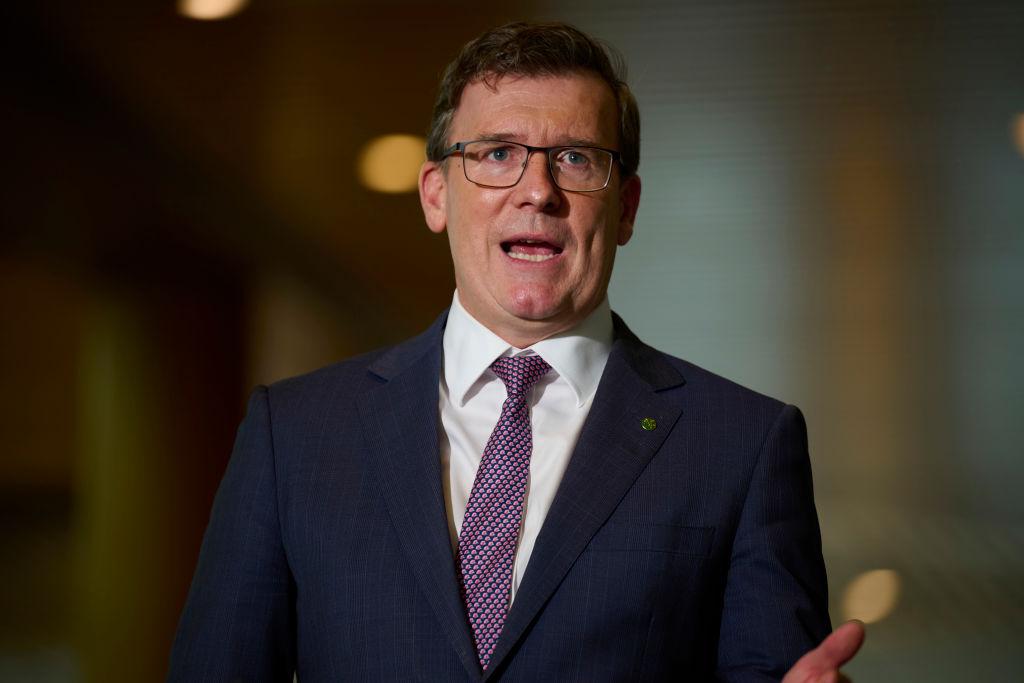Former Immigration Minister Alan Tudge said he expected positive media coverage when he facilitated a donation to a hospital from a businessman who has been accused of attempting to use the money to advance objectives of the Chinese Communist Party (CCP).
Vietnam-born Di Sanh Duong, 67, also known as Sunny Duong, is facing a Victoria County Court trial after Australian Federal Police (AFP) alleged he was preparing for an act of foreign interference by trying to influence Mr. Tudge, a Liberal frontbencher in the Morrison government.




